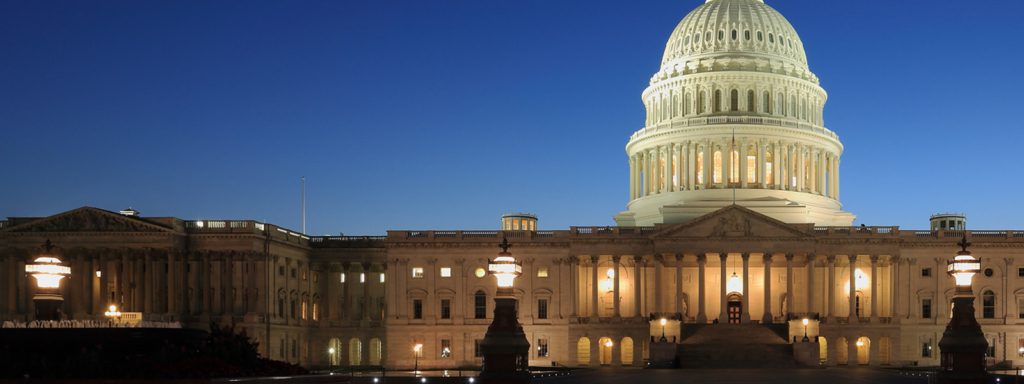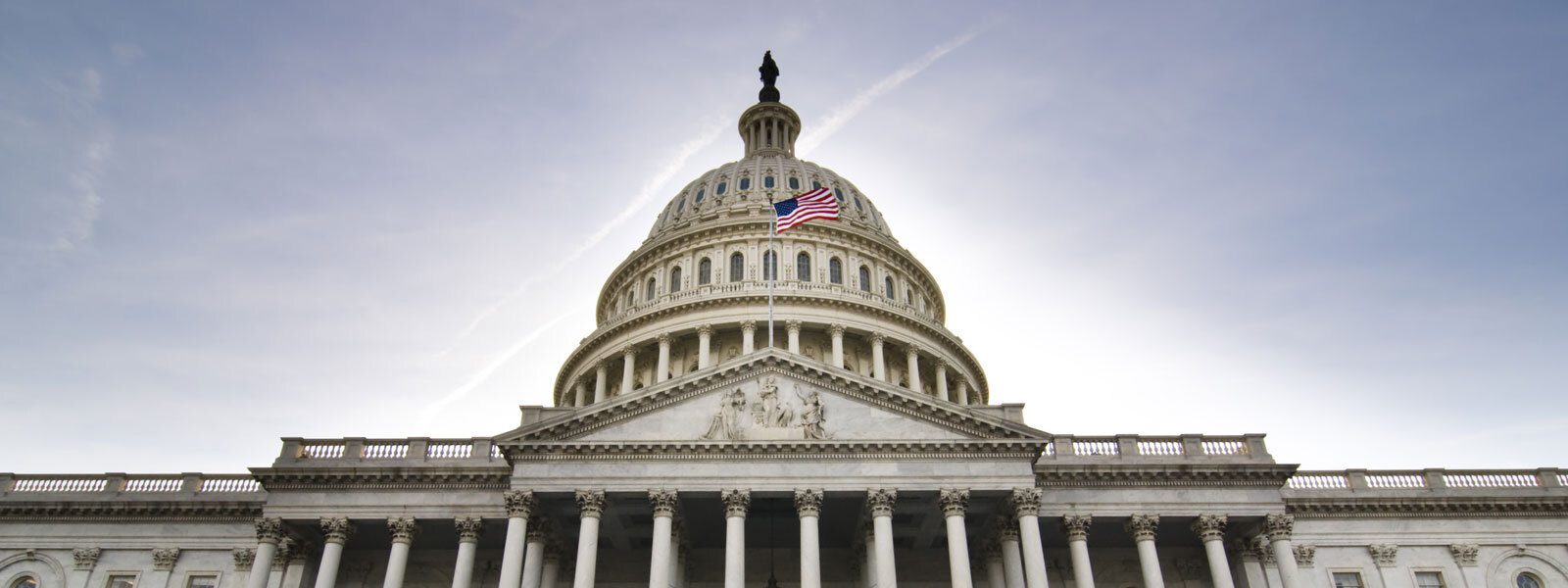Thanksgiving is upon us and Congress is out for the holiday break. November proved to be a fruitful month for lawmakers in Washington DC, with some key pieces of legislation passed and some signed by the President. If you have not been able to keep up with all the frantic activity in Congress or have been busy getting ready for the holiday, here is an overview of the latest legislative issues affecting nonprofits:
Reconciliation Bill Update
On November 19, the House of Representatives passed the Build Back Better Act (H.R. 5376) on a partisan vote after more than a month of tensions between moderate and progressive Democrats. The $1.7 trillion bill supports crucial civic infrastructure priorities, including the Civilian Climate Corps, affordable child care, housing, broadband access, and workforce development. The bill is now headed to the Senate where heated debate is expected given the position of Sens. Joe Manchin (D-WV) and Kyrsten Sinema (D-AZ), moderate Democrats, on paid family leave and drug pricing respectively. Congress is officially out of session due to the Thanksgiving break and will be back the last week of November, where the Senate is expected to hash out their differences with the House version of the bill.
Review the Build Back Better Act summary from Independent Sector and urge your senators to support the legislation!
Bipartisan Infrastructure Bill Signed into Law
On November 15, President Biden signed into law the Infrastructure Investment and Jobs Act (H.R. 3684), which passed in the House of Representatives on November 5, months after passing the Senate in August. The $1.2 trillion bipartisan infrastructure framework includes historic civic and community infrastructure investments, such as funding for broadband, public transit, clean water, and environmental remediation, among others that are crucial for nonprofit organizations and the communities we serve.
Unfortunately, the bill also includes retroactive repeal of the Employee Retention Tax Credit (ERTC) for the fourth quarter of this year. This credit was enacted as a pandemic relief measure for employers, and has been a lifeline for many nonprofits that are still recovering from the economic and job loss impact of the pandemic. The ERTC is a refundable payroll tax credit for nonprofits and small businesses designed to provide a financial incentive for employers to keep employees on their payrolls and continue to deliver important services during the pandemic and in its immediate aftermath. It has allowed them to retain critical employees in the face of the economic challenges caused by the pandemic. Tens of thousands of organizations are now counting on fourth quarter 2021 access to an ERTC to support the financial decisions they made to bring employees back on the payroll and increase operating capacity to serve their communities.
Vaccine Mandate for Employers Update
On November 5, the U.S. Department of Labor’s Occupational Safety and Health Administration (OSHA) released the Emergency Temporary Standard (ETS), requiring employers with 100 or more employees to ensure that workers are vaccinated or regularly tested for COVID-19. On November 12, after a federal appeals court upheld a stay on it, (OSHA) temporarily suspended enforcement of the Biden administration’s COVID-19 vaccine mandate for large private businesses. On November 16, a federal judicial panel assigned the appeals court in Cincinnati to handle at least 34 lawsuits that have been filed around the country challenging the Biden administration’s attempt to mandate that large employers require their workers to get vaccinated against the coronavirus or submit to weekly testing.
Questions raised by the nonprofit community about a letter addressed to OSHA on how the ETS would apply to unique aspects of the nonprofit sector are not addressed in the proposed ruling. Independent Sector continues to work with the Department of Labor and The White House to ensure these questions are answered. Comments on OSHA’s Emergency Temporary Standard are due on December 6, 2021.
Giving Data Second Quarter of 2021
Data from the Fundraising Effectiveness Project shows that growth in giving slowed in the second quarter of 2021. While giving has not grown as sharply as it did in 2020, the pace of giving and the numbers of donors remained roughly the same or even higher. The estimated number of donors increased by 0.7% in the first half of 2021 over the same period in 2020, while the total amount of money given is projected to have increased by 1.7%.
The Charitable Giving Coalition (CGC) will send a letter to Congress asking for the expansion and extension of the temporary $300 universal charitable deduction established in the CARES Act, which is set to expired at the end of the year. To sign up your organization, click here. The deadline to sign up is December 1.
Nonprofit Jobs Update
According to the latest report from The Center for Civil Society Studies (CCSS) at Johns Hopkins University, October’s report brought good news — with nonprofits adding nearly 45,000 jobs during the month. The sector has now recovered 70% of the 1.64 million jobs initially estimated to have been lost during the first three months of the pandemic.
If your organization or those in your network are experiencing challenges in filling job vacancies, please complete and circulate this brief survey.



